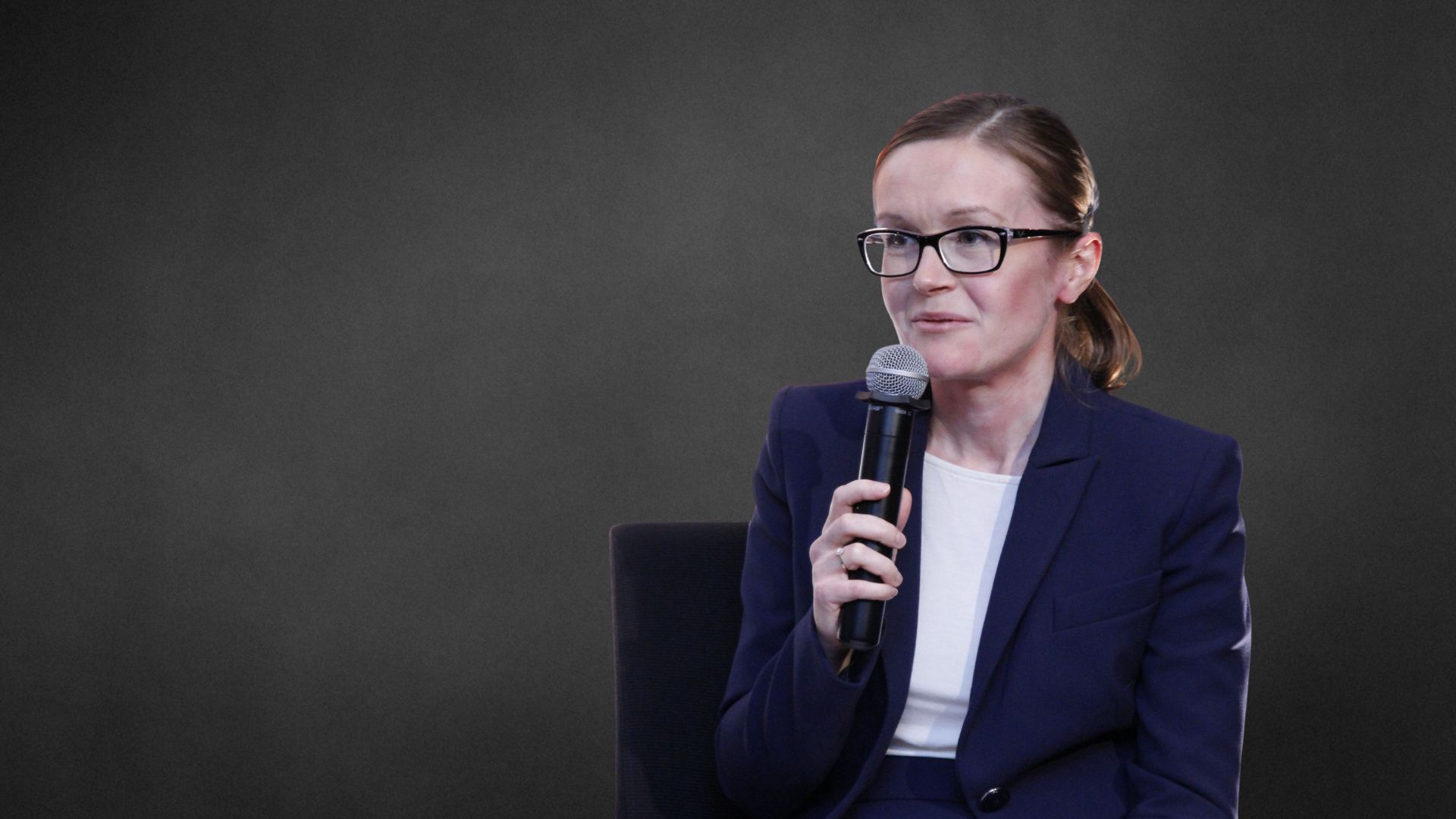20 years of Poland in the European Union
.jpg)
In the 21st century, membership of the European Union has become the most important component of Poland's systemic transformation, at the same time anchoring it in Western economic and political structures. Together with the accession to NATO in 1999, accession to the Community became a symbol of a permanent change in Poland's strategic place in the system of international alliances. Poland's accession to the EU in 2004 provided a stable basis for economic development, funding of development projects and ensuring the country's participation in EU decision-making processes.
A measurable measure of success in the years 2004-2024 was the severalfold increase in Polish GDP and the reduction of the gap to the average EU per capita income by about half. Less tangible - but at least equally important - were the reforms of the public administration system, including the revival of local self-government and assistance in combating the problem of corruption, which had been a major socio-economic burden in the 1990s. The past 20 years were also marked by important challenges, such as the need to implement socially costly market transformations and a significant wave of emigration.
The Union in 2024 is much more integrated and centralised than at the time of Poland's accession - not to mention the further treaty reform currently under discussion in the EU. The success of the next decades of Polish EU membership will therefore depend on the development of a broad domestic consensus on the direction of the Union's evolution. Despite the consistently high support of Poles for EU membership, the political scene towards the end of the second decade is witnessing a return to debates from the accession period and just after - about national sovereignty in the face of integration and growing party polarisation in this field.
The reason for this report was also to provide national public opinion with analyses helpful in the debate on the programme of Poland's second presidency of the EU Council, which will take place in the first half of 2025. The first Presidency, in 2011, coincided with Poland's ‘honeymoon’ period in its relations with the European Union and symbolically summed up the accession period. The upcoming presidency will take place under conditions that are in many ways fundamentally different - just after the election of what is likely to be the most Eurosceptic European Parliament (EP) in the history of the Community, in the face of a full-scale war in Ukraine, with numerous public protests in Poland and other EU countries over EU policies, including agricultural policy, and with the need to stimulate European political debate after the controversial Hungarian presidency.








